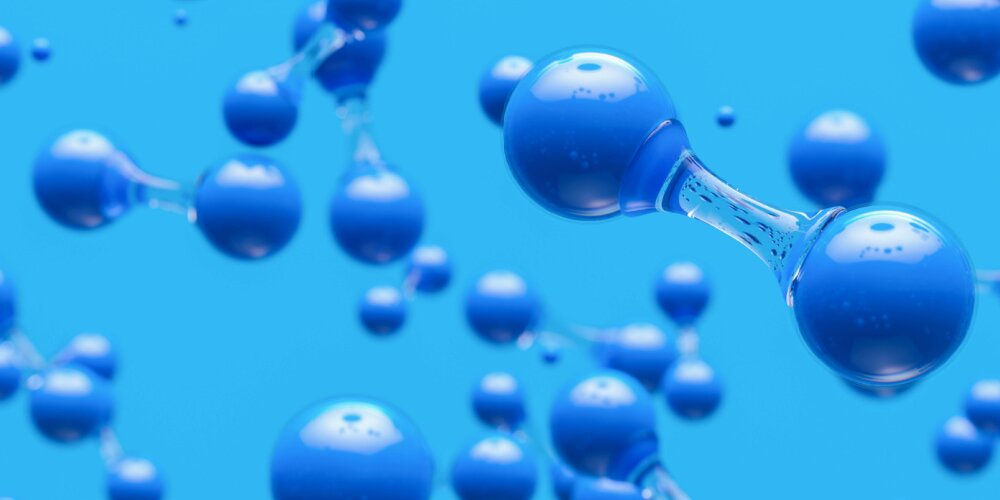Browse our services
Explore how Brookes Bell can help you
Find an expert
Meet our team, find and expert and connect
Contact us
Get in touch, we're here to help

Deutsche ReGas and Höegh-LNG have teamed up to develop what will be the world’s first floating import terminal for hydrogen at the port of Lubmin located on the Baltic Sea.
At present Deutsche ReGas is the operator of the only privately financed LNG terminals in Germany, whilst Höegh-LNG is a world-leading provider of maritime energy supply infrastructure.
Together, the two companies have signed an agreement in principle to develop the ‘H2-Import-Terminal-Lubmin’. The terminal will be the world’s first floating import terminal for the industrial-scale conversion of green ammonia to green hydrogen.
According to a statement issued by the two companies the terminal is planned to enter operation from early 2026 and will - as an ammonia cracker - produce approximately 30,000 tons of hydrogen per year. The hydrogen will be fed into the hydrogen core network via the existing feed-in point at the Deutsche ReGas Terminal in the port of Lubmin.
Commenting on the project, the managing director of Deutsche ReGas, Ingo Wagner, said:
“Our agreement with Höegh-LNG initiates a significant new chapter in both Germany’s energy transition strategy and our company’s development. Thus, our H2-Import-Terminal Lubmin is a key building block for decarbonisation of the industrial regions of eastern and southern Germany. The H2-Import-Terminal Lubmin strengthens Mecklenburg-Western Pomerania’s position as a green energy powerhouse. We are excited about this next step in our cooperation with Höegh-LNG”.
The new terminal will centre around a barge solution, featuring embedded green ammonia cracker technology, which has been developed by Höegh-LNG. Deutsche ReGas, meanwhile, will provide the onshore terminal infrastructure in addition to overall coordination of the project (including permitting and the marketing of the import capacities of the terminal).
Erik Nyheim, the CEO of Höegh-LNG also commented on the project, stating that:
“Importing hydrogen from global producers overseas is key to achieving industrial decarbonisation. By adapting existing marine infrastructure elements with our innovative cracking solution, we can provide access to cost-competitive hydrogen within the next few years. The expertise, technology and infrastructure elements are already existing, and we are excited to partner with Deutsche ReGas to realise this project and accelerate the energy transition in Germany”.
The proposed development of the H2-Import-Terminal comes at a time when Germany is seeking to bolster its energy-import capacity. 2023 and into 2024, for example, saw the government chartering floating storage and regasification units (FRSUs) in order to facilitate greater imports of LNG.
With Germany continuing its efforts to reduce its reliance on Russian pipeline gas, we can expect to see more announcements of new energy-import terminals in the coming years.
Carrying liquid cargoes such as LPG and natural gases can be a complex task - and one that can sometimes result in costly claims and liabilities.
If you find yourself involved in a dispute regarding an LPG or natural gas cargo, then ensure you have the experts on your side - Brookes Bell’s cargo team. They have experience dealing with liquid and gas cargo issues of all kinds, including bills of lading disputes, charter party performance disputes and more.
For more maritime industry insights, news and information, read the Brookes Bell News and Knowledge Hub…
New Green Ammonia Facility Planned for Liverpool | What Are the World’s Biggest Ports? | Future Proof Shipping Launches Its First Hydrogen-Powered Inland Container Ship